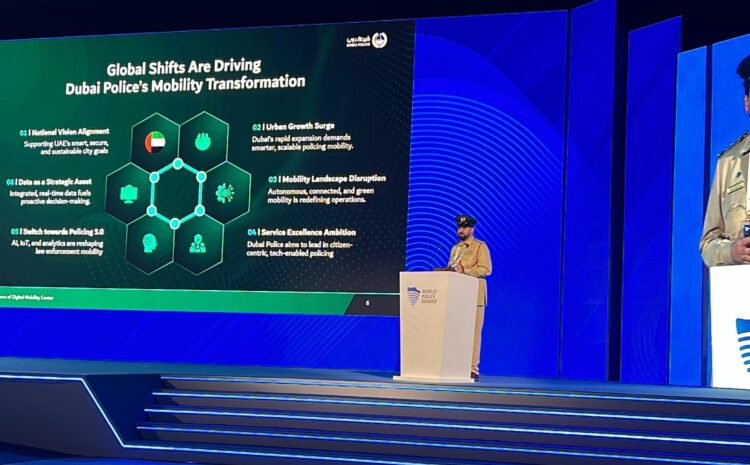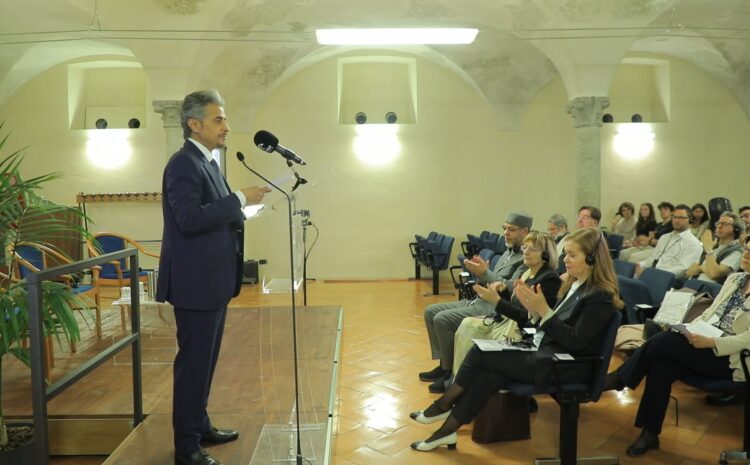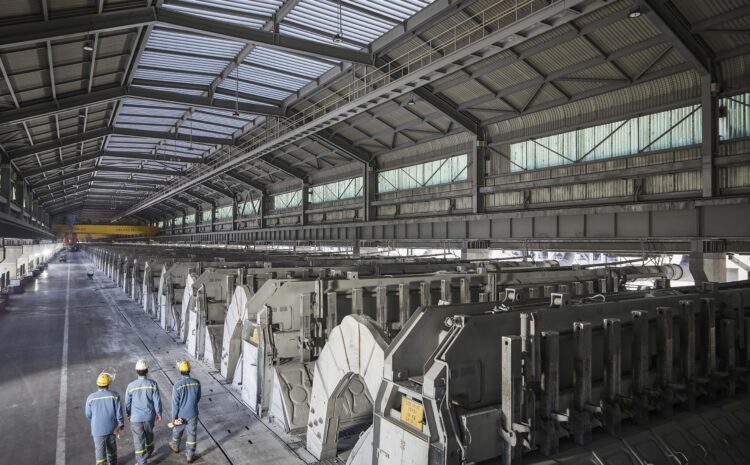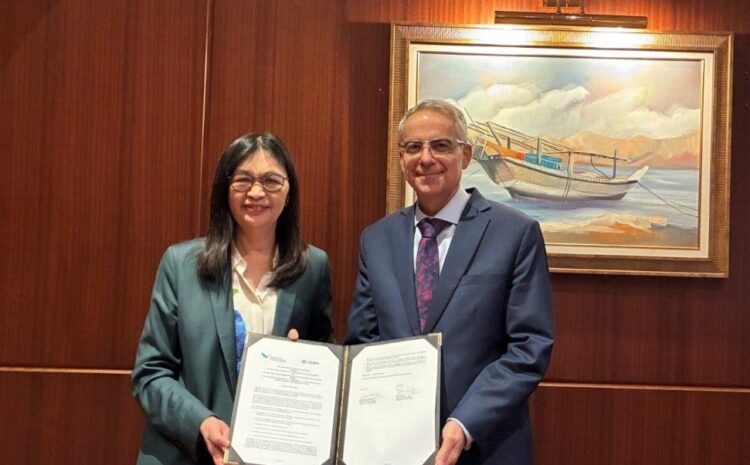
Dubai Police unveil 2025–2030 Strategy for Centre for Future of Digital Mobility
DUBAI, 16th May, 2025 (WAM) — As part of its participation in the World Police Summit 2025, held recently at the Dubai World Trade Centre, Dubai Police launched its specialised strategy for the Centre for the Future of Digital Mobility, outlining its vision for the years 2025 to 2030.
Developed by the General Department of Transport and Rescue, the strategy aims to redesign and modernise the policing mobility framework across the emirate by harnessing advanced technologies such as artificial intelligence, predictive analytics, and agile systems aligned with the “Police 5.0” model and Dubai Police’s 2031 Vision.
The strategy seeks to establish a proactive, flexible, and sustainable security mobility ecosystem, laying the groundwork for smarter and faster responses to future challenges.
Engineer Major Omar Al Khaja, Director of the Centre for the Future of Digital Mobility at Dubai Police, stated that the new strategy reflects Dubai Police’s commitment to building an intelligent and integrated infrastructure for security mobility, with innovation and digital transformation as its core drivers.
He explained that the strategy was designed in alignment with international best practices while ensuring consistency with key national agendas, including the UAE Artificial Intelligence Strategy 2031, Dubai’s Smart Mobility Strategy, and the Dubai Urban Master Plan 2040. “This integrated approach strengthens Dubai’s readiness for future security demands and reinforces Dubai Police’s standing as a leader in building smart, sustainable policing systems,” Al Khaja added.
The roadmap includes 18 specialised projects, grouped under four key strategic pillars:
• Leadership in Emergency Response – through the development of integrated, smart mobility platforms that enhance response times and operational coordination.
• Building an Innovative Security Ecosystem – leveraging artificial intelligence and advanced analytics to support smarter policing.
• Operational Foresight and Risk Anticipation – embedding proactive models that focus on future risk analysis and scenario-based planning.
• Future-Ready National Talent – through the establishment of an Advanced Capabilities Lab to equip future leaders with the skills and tools needed in next-generation policing.
Captain Engineer Muhammad Zainal, Head of the Future Mobility Sciences Section, described the strategy as a forward-looking blueprint for transforming Dubai’s security mobility landscape. “By focusing on data, AI, and adaptive governance, we aim to build a proactive, responsive mobility system capable of tackling tomorrow’s challenges with precision and flexibility,” he said.
Zainal also highlighted Dubai Police’s ambition to foster strategic collaborations with global leaders in the field of technology and mobility, including INTERPOL, Toyota Mobility, Tesla, Waymo, Microsoft, and Stanford University. These partnerships are intended to accelerate innovation, standardise best practices in policing mobility, and support the design of a flexible institutional empowerment model.
This model will feature forward-looking planning tools, virtual testing environments, advanced simulation and training programmes, and an agile governance system built around phased evaluation and impact measurement.






